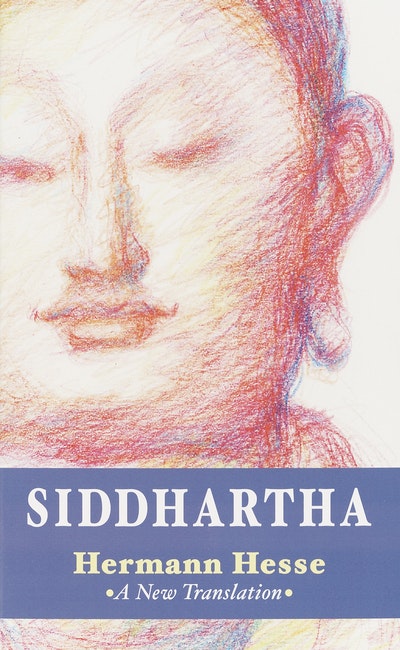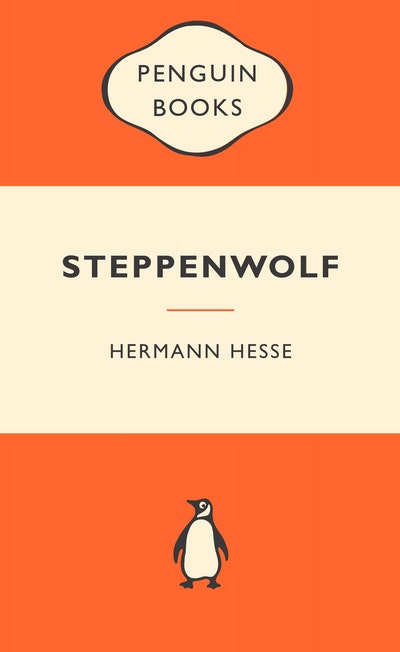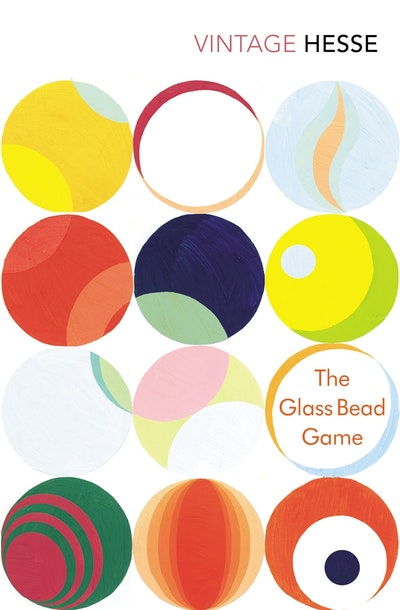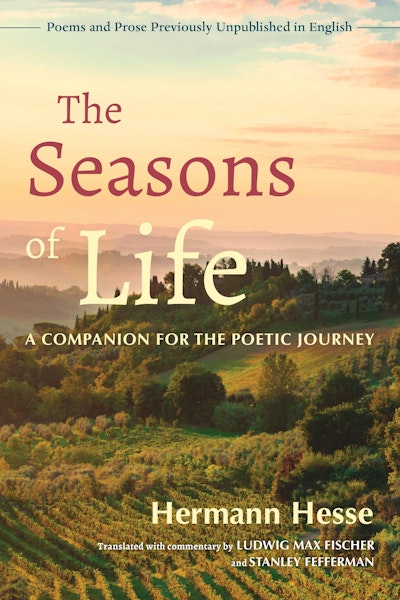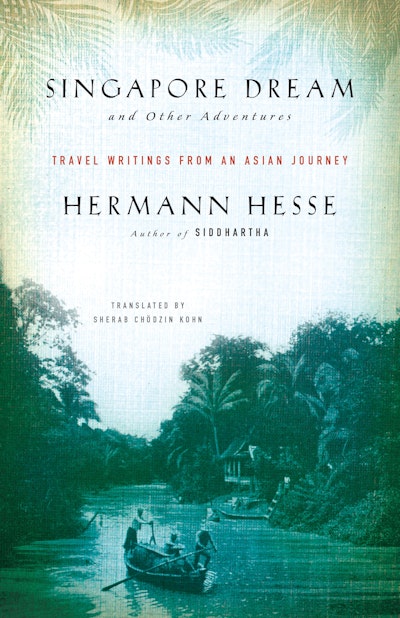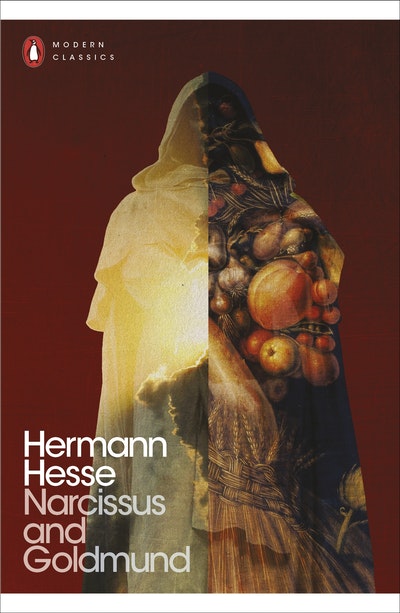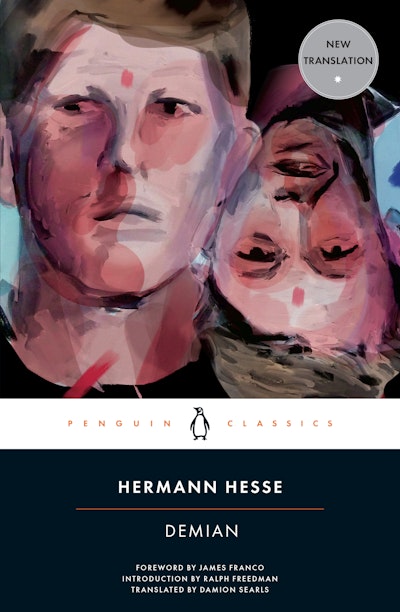One America’s Favorite Books, PBS’s The Great American Read
Nobel Prize–winning author: This classic of 20th-century literature chronicles the spiritual evolution of a man living in India at the time of the Buddha—a tale that has inspired generations of readers
Here is a fresh translation of the classic Herman Hesse novel, from Sherab Chödzin Kohn—a gifted translator and longtime student of Buddhism and Eastern philosophy. Kohn invites readers along Siddhartha’s spiritual journey—experiencing his highs and lows, loves and disappointments along the way. We first meet Siddhartha as a privileged brahmin’s son. Handsome, well-loved, and growing increasingly dissatisfied with the life expected of him, he then sets out on his journey, not realizing that he is fulfilling the prophesies proclaimed at his birth. Siddhartha blends in with the world, showing the reader the beauty and intricacies of the mind, nature, and his experiences on the path to enlightenment.
Sherab Chödzin Kohn’s flowing, poetic translation conveys the philosophical and spiritual nuances of Hesse’s text, paying special attention to the qualities of meditative experience. Also included is an extensive introduction by Paul W. Morris that discusses the impact Siddhartha has had on American culture.
